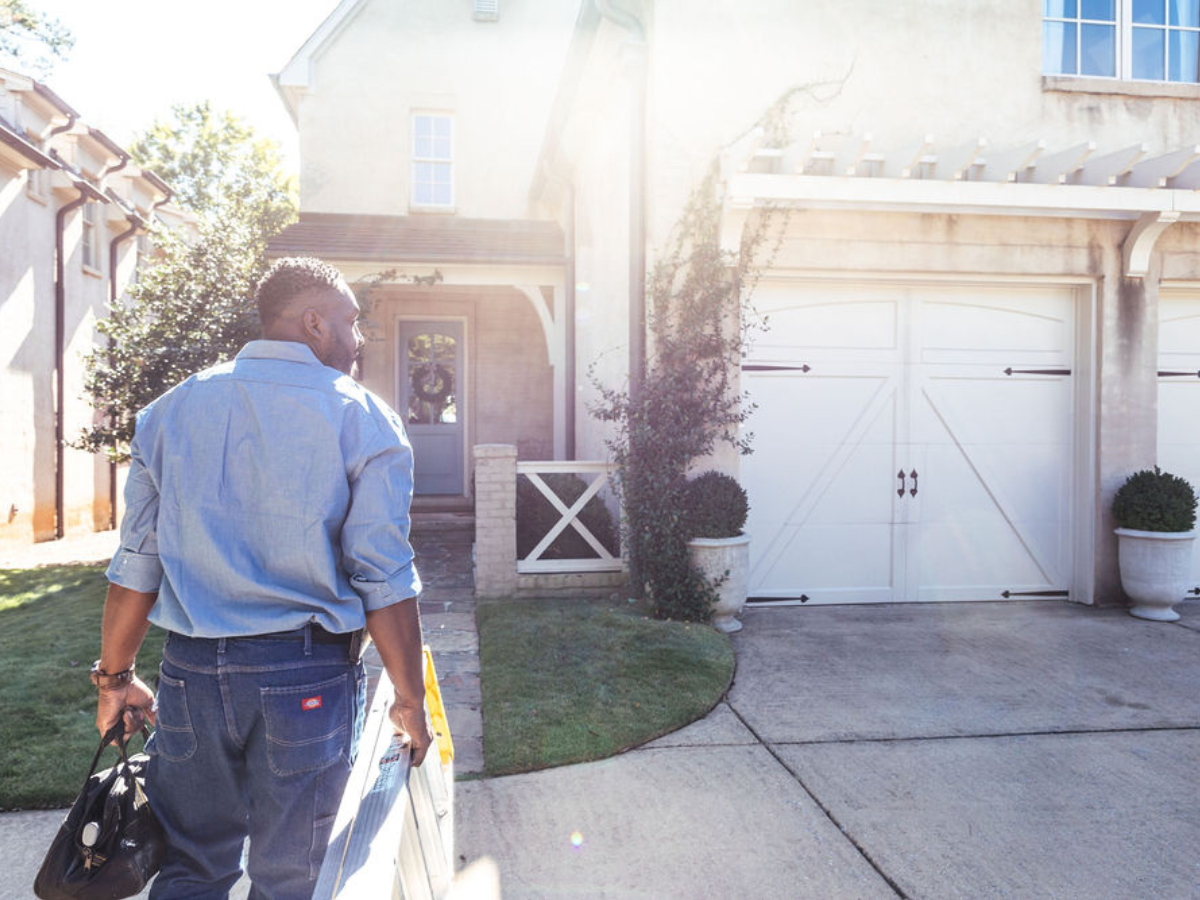In the competitive world of real estate, property owners and landlords in St. Louis often worry about potential damage caused by delayed or inadequate maintenance. This fear is understandable, as the costs and consequences of neglecting property maintenance can be severe. However, by prioritizing timely and effective maintenance, landlords can ensure the integrity and value of their properties. In this article, we will explore the importance of routine maintenance, strategies for effective maintenance management, implementing a maintenance plan, and the role of technological tools in maintenance management.
Section 1: The Consequences of Neglecting Property Maintenance
The immediate impacts of neglecting property maintenance can be substantial. Ignoring or postponing necessary repairs can lead to increased costs in the long run. Small issues can quickly escalate into severe property damage, compromising the structural integrity and safety of the building. For example, a leaky roof, if left unattended, can cause significant water damage throughout the property, resulting in costly repairs and potential health hazards.
Furthermore, the long-term effects of neglected maintenance can be detrimental to the property's value. Neglected maintenance can lead to property depreciation, making it harder to attract tenants and command competitive rents. It can also lead to greater long-term expenses as major repairs or replacements become necessary due to preventable damage.
Moreover, neglected property maintenance can have legal implications. Most jurisdictions require adherence to strict building codes to ensure the health and safety of tenants. Neglected maintenance can result in fines, legal disputes, and even eviction orders. Property owners should stay informed about their legal obligations regarding maintenance.
Another aspect to consider is the impact of neglected maintenance on the environment. Leaking pipes, faulty HVAC systems, and other neglected maintenance issues can lead to energy wastage and environmental harm. Implementing eco-friendly maintenance practices can not only benefit the environment but also result in cost savings for property owners in the long term.
Section 2: Importance of Routine Maintenance
Implementing a preventive maintenance schedule is crucial for property owners to mitigate the risks associated with property damage. Regular maintenance not only prevents significant damage but also extends the lifespan of essential property components, such as roofing, HVAC systems, and plumbing.
One of the significant advantages of routine maintenance is its cost benefits. While property owners might perceive routine maintenance as an additional expense, it is much more cost-effective compared to the high costs of major repairs resulting from neglect.
Furthermore, routine maintenance plays a vital role in ensuring the safety and security of the occupants. Regular inspections and upkeep of fire safety systems, electrical wiring, and structural integrity can help prevent accidents and emergencies.
Another key aspect of routine maintenance is its positive impact on property value. Well-maintained properties not only attract potential buyers or renters but also command higher prices in the real estate market. By investing in regular upkeep, property owners can enhance the curb appeal and desirability of their properties, leading to increased value and return on investment in the long run.
Section 3: Strategies for Effective Maintenance Management
One crucial strategy is conducting regular inspections to identify potential maintenance needs. Scheduled inspections allow property owners to address issues promptly and avoid costly repairs.
Having a maintenance checklist is another valuable tool for property owners. A comprehensive checklist can guide property owners on the necessary seasonal maintenance tasks. Routine inspections and maintenance tasks can be recorded on the checklist, ensuring that no vital maintenance component is overlooked.
Section 4: Dealing with Unexpected Property Damage
Despite the best preventive measures, unexpected property damage can still occur. Landlords should have an immediate response plan in place to mitigate further damage and minimize potential financial losses. This plan should include steps for assessing and containing the damage.
Additionally, landlords should establish a reliable network of professionals to assist with unexpected property damage. Knowing when to call in professionals, such as plumbers, electricians, or construction experts, can prevent the situation from worsening and ensure that repairs are handled efficiently.
Section 5: Implementing a Maintenance Plan
Property owners should develop a maintenance schedule that covers all critical areas of the property, including regular inspections, cleaning, and servicing of equipment.
Communication with residents also plays a vital role in maintaining the property. Engaging residents in maintaining their living spaces and promptly reporting any issues can help identify maintenance needs early on, preventing them from escalating. Open lines of communication can also create a sense of community and encourage residents to take pride in their living spaces.
Section 6: Technological Tools for Maintenance Management
Advancements in technology have revolutionized the way property owners manage maintenance. Maintenance management software, for example, helps track maintenance tasks, schedule repairs, and document expenses. These software options streamline the maintenance process, making it more efficient and less prone to errors.
Integrating technology into maintenance management saves time and resources by automating routine tasks, allowing property owners to focus on other essential aspects of property management. Technology integration also provides a centralized platform for communication and collaboration between property owners, residents, and maintenance professionals.
Conclusion
In conclusion, addressing the fear of property damage due to delayed or inadequate maintenance is vital for St. Louis landlords. Neglecting maintenance can have immediate and long-term consequences, including increased costs, severe property damage, property depreciation, and safety hazards. By implementing routine maintenance, conducting regular inspections, and promptly addressing issues, landlords can mitigate the risks associated with property damage.
By prioritizing maintenance, St. Louis landlords can ensure the long-term integrity, value, and appeal of their properties.
And don’t worry. If the above seems like all too much, you can always outsource maintenance and repairs to a professional property management company. Reach out to our local team today!


